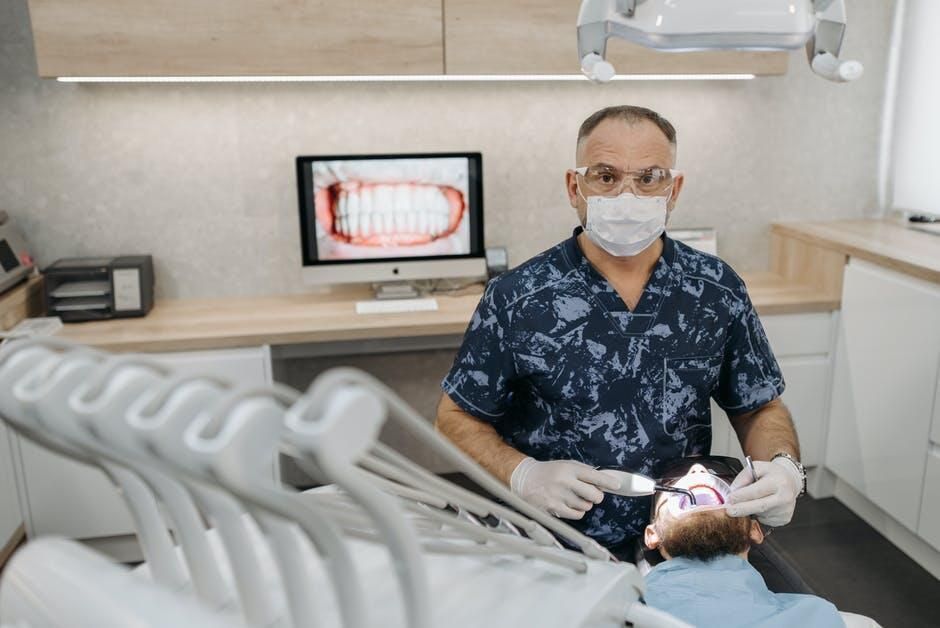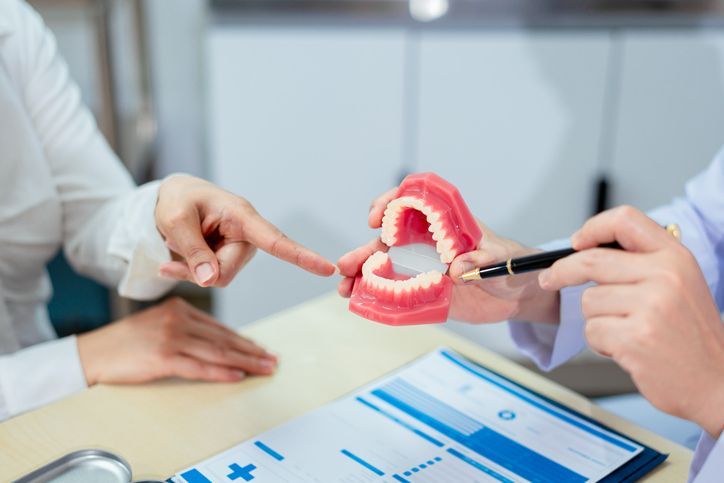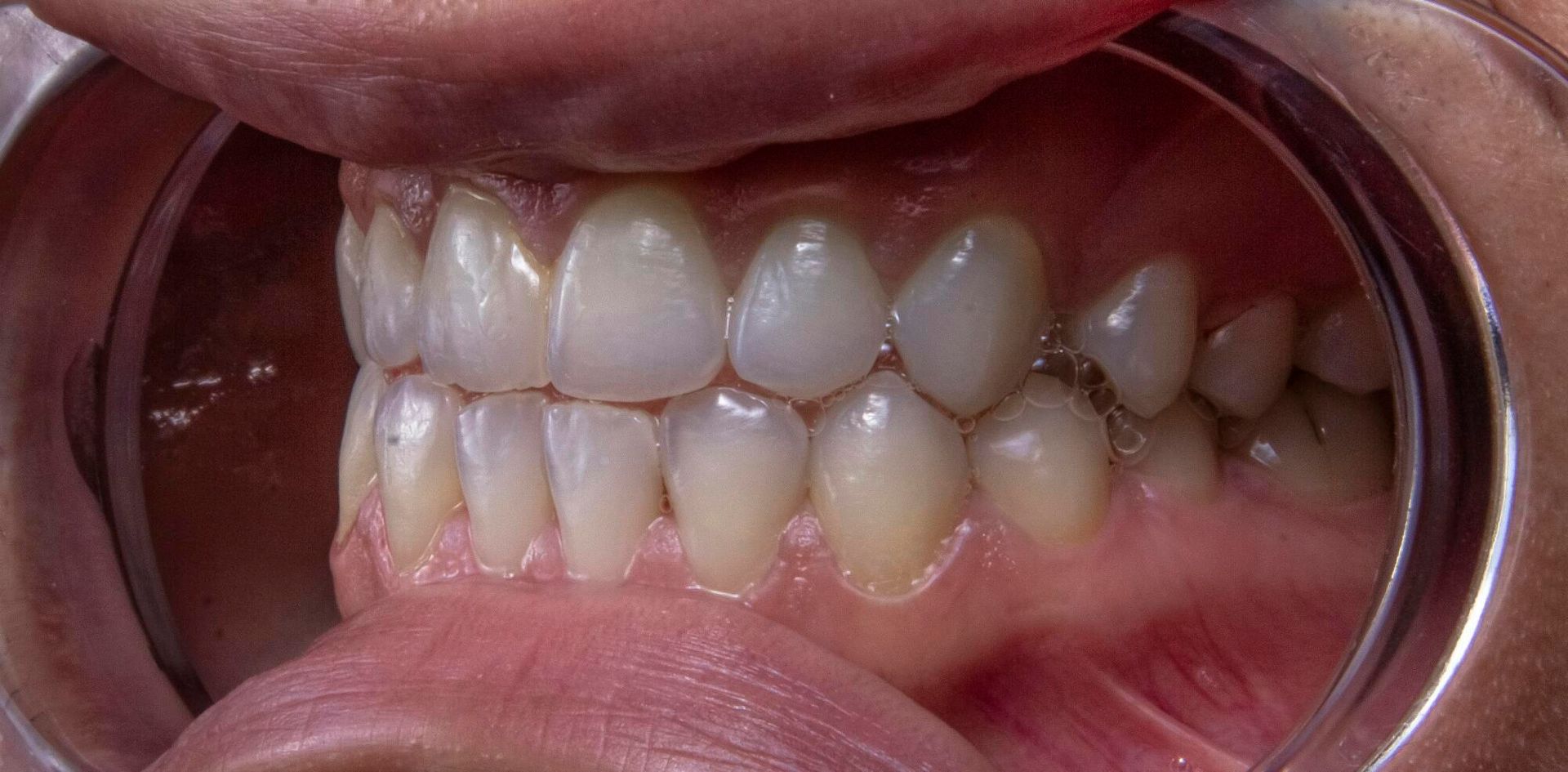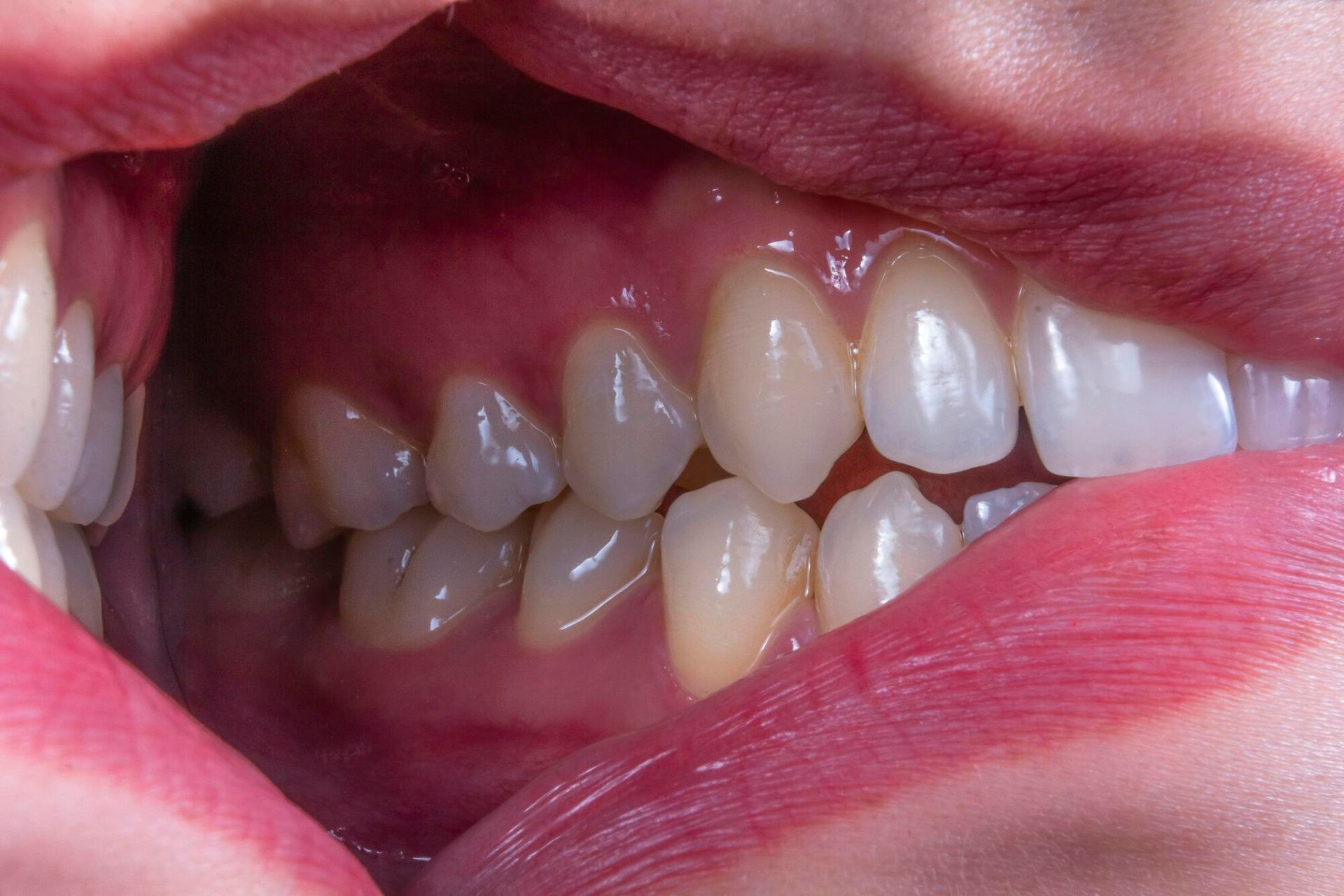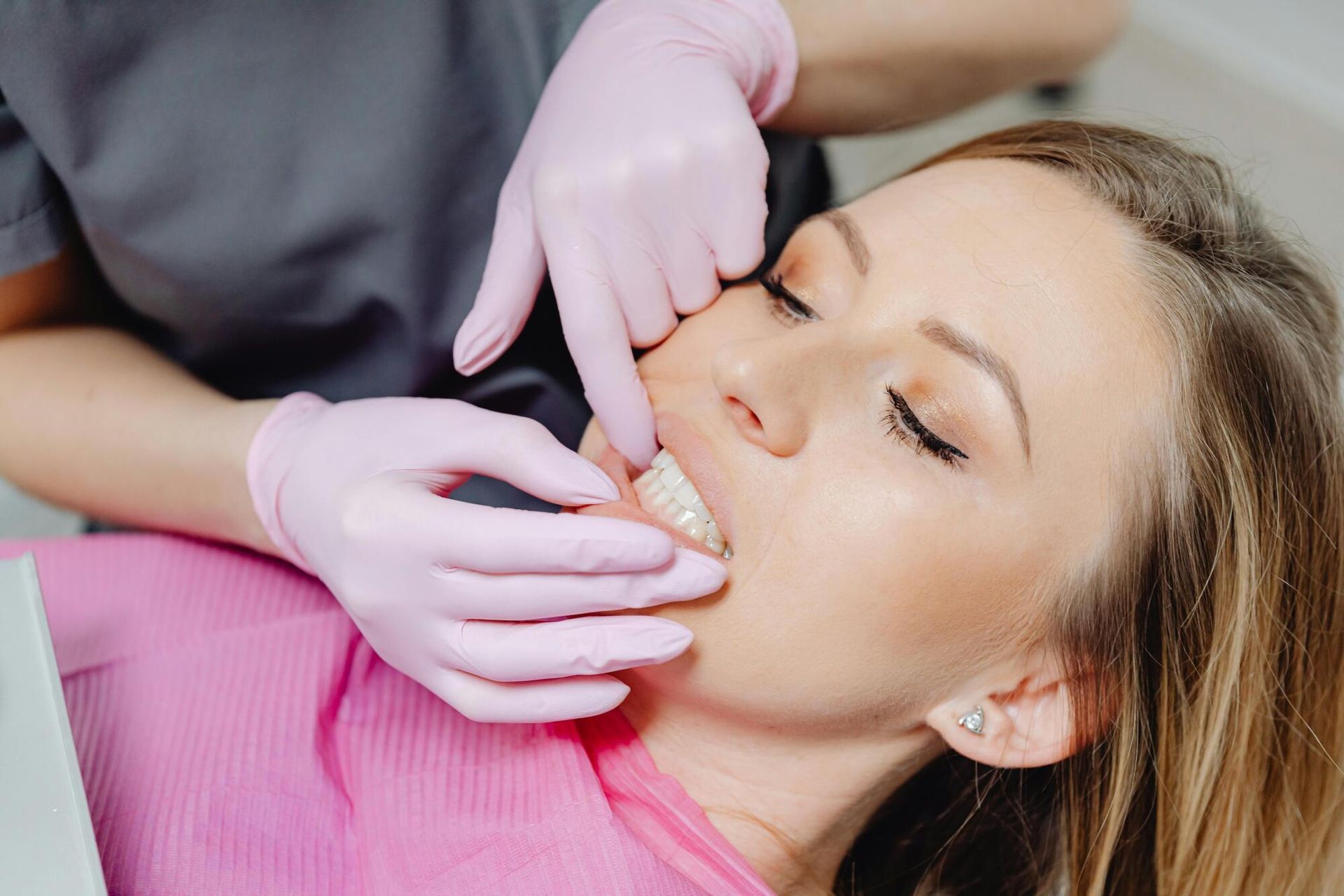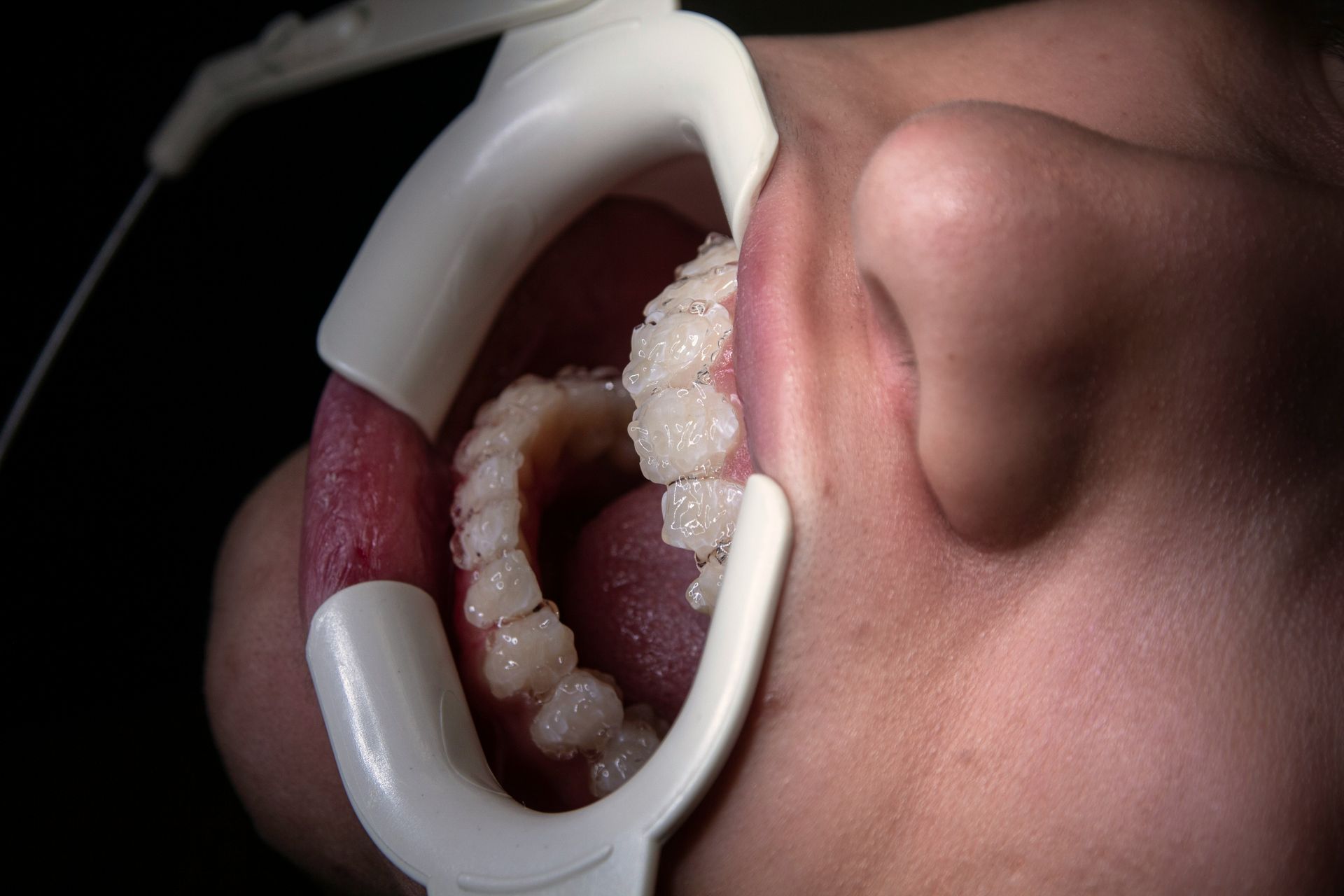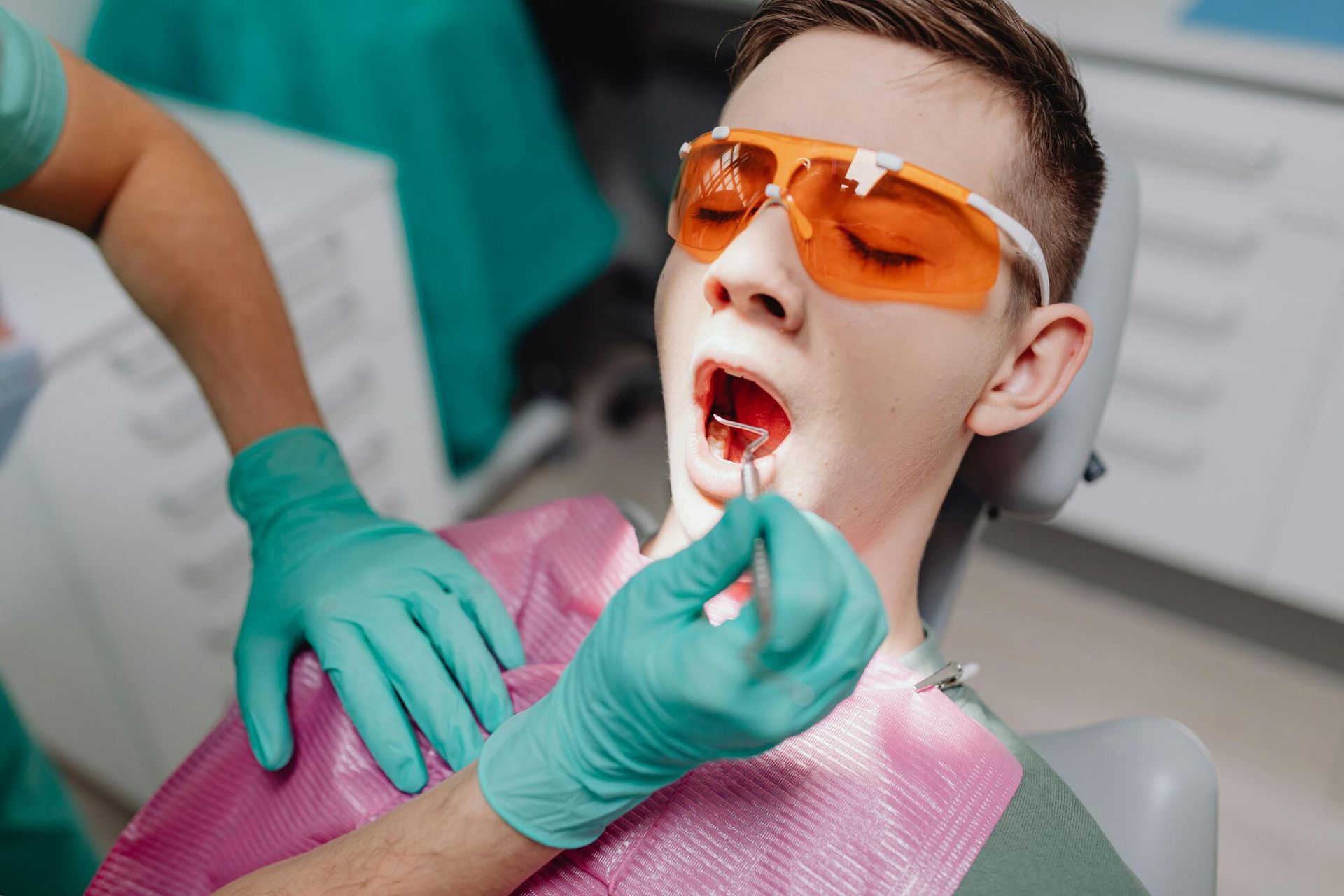Understanding Restorative Dentistry: What It Is and Why It Matters
Restorative dental procedures can help if you're dealing with damaged or missing teeth. According to data from Grand View Research, the restorative dental industry reached $18.8 billion in 2023 and is projected to grow another 8.7% by 2030.
So, what is restorative dentistry, and why does it matter to patients?
Read on to learn more about the importance of this type of dentistry and how it may benefit your dental health.
What is Restorative Dentistry?
So, what is restorative dentistry, exactly? This form of dentistry helps patients with damaged or missing teeth.
You can have your teeth repaired or replaced through various oral health restoration techniques. The ultimate goal is to either save damaged teeth or provide replacements that look, feel, and function just like natural teeth.
Undergoing restorative dental procedures allows you to maintain a beautiful smile and keep your other teeth spaced correctly. A few examples of this type of dentistry include crowns, fillings, veneers, and dental implants.
Fillings
This is the most common form of restorative dentistry and involves fixing holes or cavities in the outer layers of a tooth. Patients who experience cavities have tooth decay that could lead to a painful abscess or infection if the cavity isn't treated quickly.
Your dentist will remove areas of decay and replace those areas of the tooth with a dental filling. Most fillings are made of metal, resin, or other composite materials.
Crowns
Dental crowns fit over a tooth and sit just above the gum line. Many patients require crowns when the original tooth is too damaged to receive a filling.
Crowns seal the teeth to protect them from breaking or undergoing any further damage. Your dentist will shape the existing tooth to make room for the crown.
Many dental crowns are made of metal, resin, or porcelain and are shaped to match the old tooth. The crown is fitted over the tooth and cemented into place, but it typically needs to be replaced over time. Ask about Teeth in a Day from Smart Smile to find out how you can get your damaged teeth completely replaced in just one day.
Veneers
Veneers are a form of cosmetic and restorative dentistry designed to fix a variety of problems. Porcelain veneers can help if you have stained, discolored, or yellowed teeth.
Your dentist may also recommend veneers if you have teeth that are too large or too small or have large spaces between your teeth. They also help restore a beautiful smile with misshapen, uneven, worn, chipped, or broken teeth.
Dental Implants
If you're looking for a permanent solution to your dental woes, implants are an excellent solution. Dental implants offer a permanent tooth replacement, although the process is more time-consuming and costly.
Your dentist will insert a sturdy titanium base directly into your jawbone, and a connector or abutment is added to the top. Once the base bonds with your natural bone, you'll receive crowns that resemble your natural teeth.
Those crowns are customized to look just like your natural teeth, making implants one of the most popular and modern approaches to dental care. All on 4 dental implants are another method that involves inserting the implants in strategic locations so they can optimally support your new teeth.
Full Mouth Reconstruction
While the procedures listed above refer to the most common options for restorative dentistry, some patients may require full mouth reconstruction. You might be a good candidate for this if you:
- Have a lot of missing teeth
- You're unhappy with how your teeth look
- Your bite is not right
This process typically involves various procedures performed on both the top and bottom teeth, hence the name full mouth reconstruction.There are several treatment options available, including:
- Crowns
- Onlays
- Veneers
- Dentures
- Implants or full mouth implants
It's important to make an appointment with your dentist for a full consultation before you opt for full mouth reconstruction. Once your dentist has created a plan, the reconstruction process can begin.
The timeline to completion will depend on several factors, including which procedures you choose and the extent of the reconstruction required. In the meantime, your dentist will likely provide temporary solutions to help your mouth heal while you wait between sessions.
The Benefits of Restorative Dentistry
Restorative dentistry has many benefits besides just receiving a nice smile makeover. First, you'll start to feel more confident when you smile, which will help to boost your self-esteem.
More importantly, many patients who receive restorative dentistry experience less pain and improved dental function. This might include anything from finding food easier to chew to less sensitivity to hot and cold food and beverages.
A more evenly distributed force in the jaws helps patients avoid jaw pain and discomfort. Some people might even notice that their speech and diction have improved.
This type of dentistry is extremely important for improving people's quality of life. Not only will it help you look and feel better, but it may also help prevent more dental health issues in the future.
Associated health risks of restorative dentistry are low, and most patients only experience mild pain or discomfort that subsides over time. While crowns and veneers can chip or become loose over time, procedures like dental implants can last a lifetime. This makes choosing restorative dentistry a smart option to regain dental function and a beautiful smile.
Ask About Your Smile Makeover
Now that you've learned what restorative dentistry is, you can see why it's a beneficial option for many patients. With the right plan, this type of dentistry can restore your teeth's functionality and give you the beautiful smile you deserve.
The team of caring professionals at Smart Smile is dedicated to improving our patients' health, confidence, and well-being every day. Give us a call at (714) 316-7538 to schedule an appointment or consultation today.




